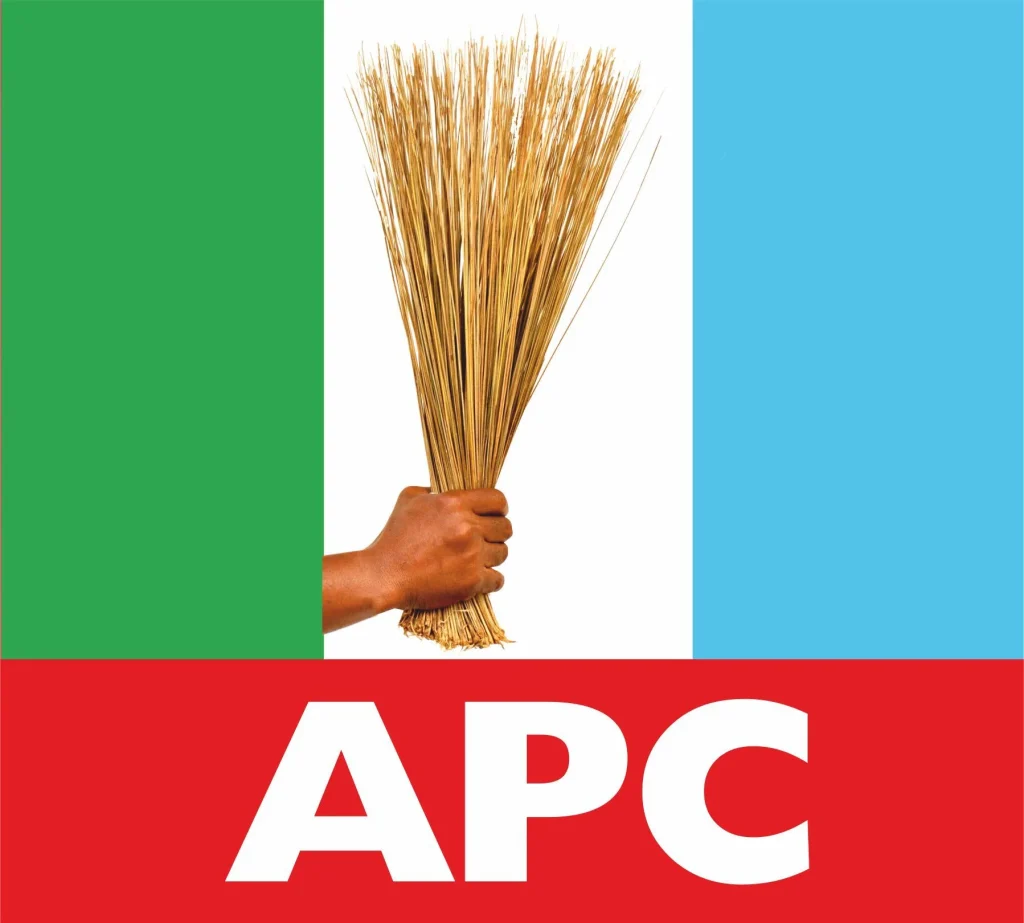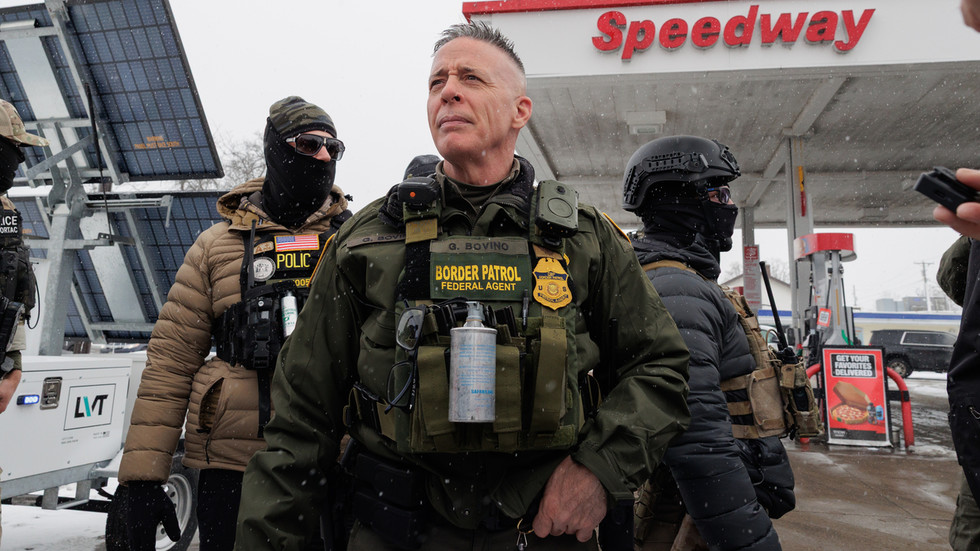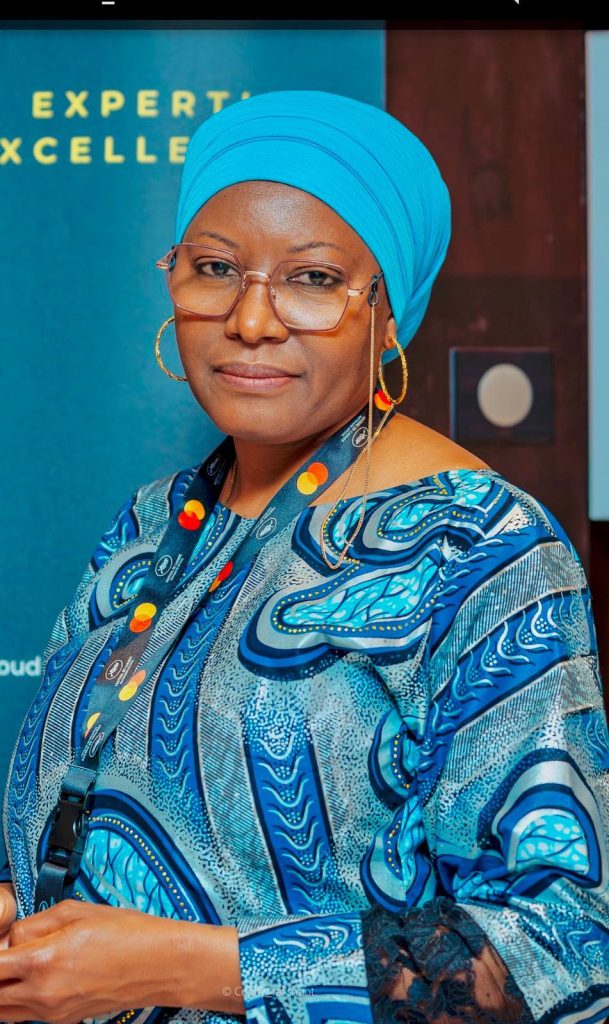The recent decision by Senegal’s Constitutional Council to overturn the postponement of presidential polls has injected hope into the country’s political landscape.
In a significant turn of events, the Yewwi Askanwi opposition group effectively challenged President Macky Sall’s attempt to extend his presidency by nearly a year through a legislative move to delay the elections. This move was met with opposition from both domestic and international fronts, eventually leading to the release of political prisoners yesterday.
Following an appeal by opposition parliamentarians, the Constitutional Council declared the legislation invalid and called for the elections to be held ‘as soon as possible.’ This ruling has been welcomed by some in the opposition, although it has left the electoral timeline uncertain, with only nine days left before the originally scheduled date of 25th February.
The decision to postpone the elections, backed by the ruling coalition and the Senegalese Democratic Party, triggered chaos in the National Assembly, sparking concerns about democratic erosion and political stability in Senegal.
President Sall justified the postponement citing corruption allegations, a move widely seen as an attempt to avoid potential defeat for his coalition candidate. However, the opposition viewed this as an opportunity to pave the way for their candidate and resolve internal conflicts within the ruling coalition.
The annulment of the postponement law by the Constitutional Council may alleviate tensions but calls for intervention from national mediators and ECOWAS to facilitate a peaceful and credible election. A new date for the polls and a political compromise must be explored, considering the president’s status when his term expires.
With deep divides among the political actors, the support of national mediators and ECOWAS will be crucial in resolving the crisis and ensuring a smooth electoral process. The focus now shifts to preparing for elections and organizing a campaign that aligns with constitutional provisions and garners international credibility.
The decision by the Constitutional Council is a pivotal moment in Senegal’s democratic journey, underscoring the critical role of constitutional institutions in upholding democratic norms and ensuring political stability.
By Paulin Maurice Toupane, Senior Researcher and Seydou Daffe, Junior Fellow, Institute for Security Studies, Regional Office for West Africa, the Sahel and the Lake Chad Basin



